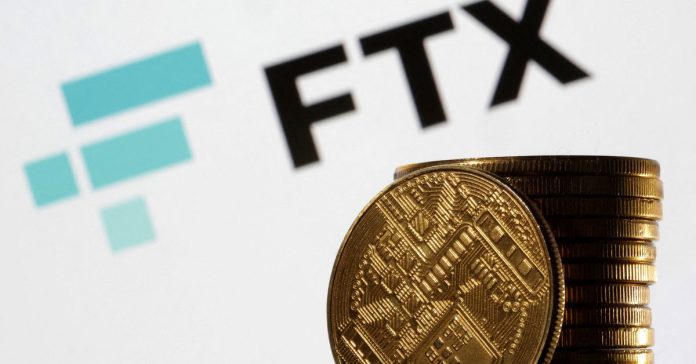Bankrupt crypto exchange FTX has received U.S. court permission to liquidate its cryptocurrency assets, a move that will allow it to repay customers in U.S. dollars and minimize risks related to price volatility in crypto markets.
U.S. Bankruptcy Judge John Dorsey approved FTX’s proposal at a court hearing in Wilmington, Delaware. The proposal allows FTX to sell up to $100 million in cryptocurrency per week and enter into hedging and staking agreements that will enable the company to manage the risk of price volatility and earn passive income on more mainstream crypto assets like bitcoin and ether.
The request was supported by the official committee appointed to represent FTX customers in the bankruptcy, and by an ad hoc committee that represents non-U.S. customers with deposits on FTX.com’s international exchange.
FTX has stated that it is aware of the risk that liquidating its crypto portfolio could move crypto markets. In an effort to manage this risk, it has hired U.S. crypto firm Galaxy as an investment advisor and also requested to increase its liquidation pace to up to $200 million per week, if both creditors committees agree.
FTX has also revealed that it holds $3.4 billion in cryptocurrencies, including $1.16 billion in Solana, $560 million in bitcoin, and $192 million in ether. It filed for bankruptcy in November 2022 after accusations that it had misused and lost billions of dollars worth of customers’ crypto deposits.
FTX founder Sam Bankman-Fried has pleaded not guilty to charges of defrauding FTX customers by using their funds to prop up his own risky investments. Other former FTX executives have pleaded guilty to criminal charges.
FTX has recovered more than $7 billion in assets to repay customers, and is currently pursuing additional recoveries through lawsuits against FTX insiders and other defendants who received money from FTX before it went bankrupt.
Reporting by Dietrich Knauth, Editing by Alexia Garamfalvi and David Gregorio. Our Standards: The Thomson Reuters Trust Principles. Acquire Licensing Rights.

